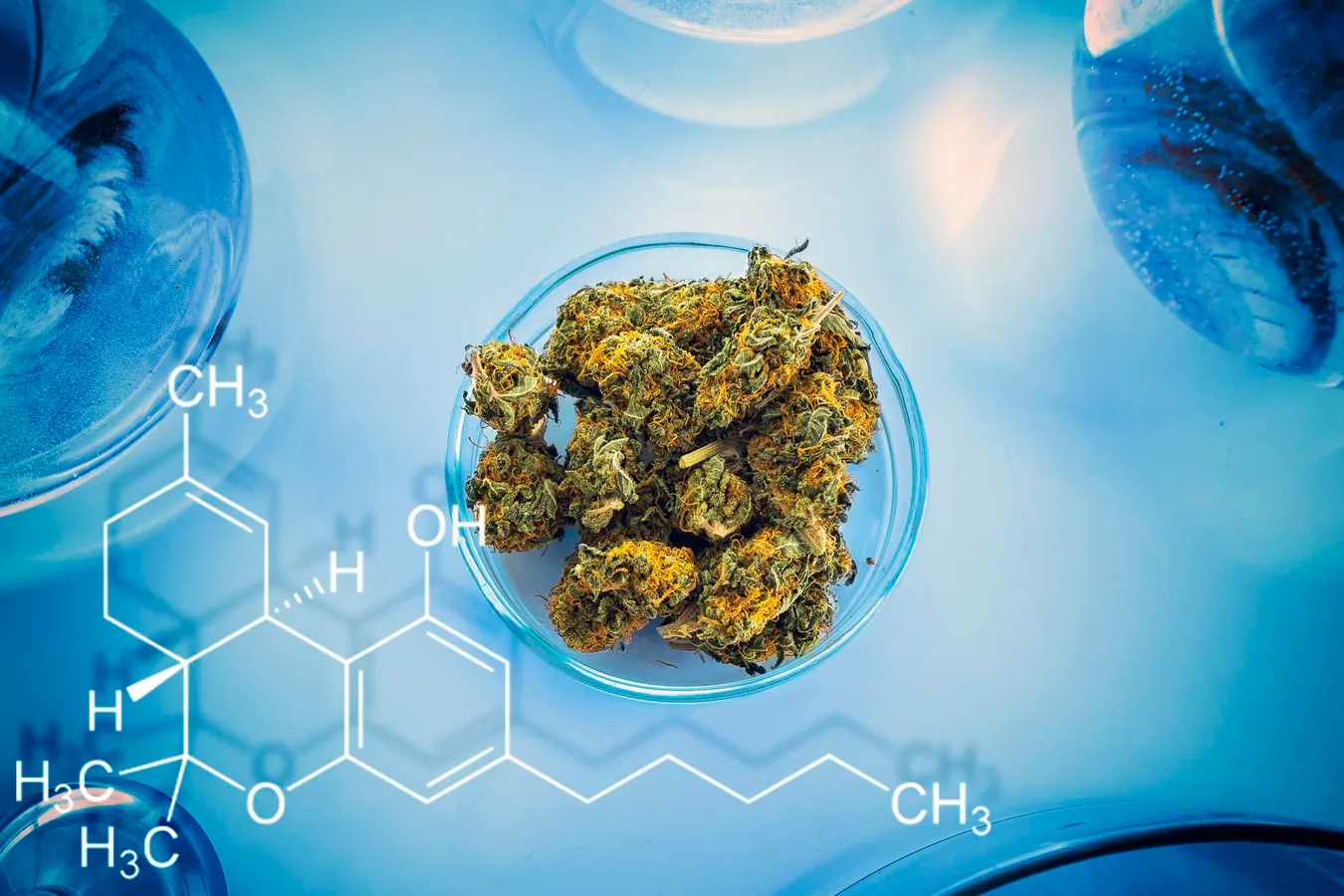The U.S. Court of Appeals for the Fourth Circuit has ruled that the hemp derivative THC-O-acetate is federally legal under the 2018 Farm Bill.

(Photo credit: Getty Images).
In giving their ruling, the appeals court rejected the Drug Enforcement Administration’s (DEA) position that it should be classified as a Schedule I controlled substance, making it illegal nationwide for all purposes.
The ruling, issued yesterday, stemmed from an employment dispute where the legality of THC-O was a key issue. The majority opinion from a three-judge panel determined that the DEA’s interpretation of the law was overly broad and did not apply to THC-O, which can be synthesized from cannabinoids found in legally cultivated hemp. In its decision, the Fourth Circuit referenced a prior ruling from the Ninth Circuit, which held that the 2018 Farm Bill legalized a broad range of hemp-derived cannabinoids, including delta-8 THC.
The court stated that DEA’s 2023 interpretation of the law was flawed.
“We reject the employer’s contention that the DEA’s interim final rule or letter mandates a finding that THC-O is illegal,” wrote the judges. “We think the Ninth Circuit’s interpretation of the 2018 Farm Act is the better of the two.”
The court added that they’re “free to make that determination ourselves, despite a contrary interpretation from the DEA, because we agree with the Ninth Circuit that [hemp’s definition under federal law] is unambiguous.”
The Fourth Circuit also cited a recent Supreme Court ruling that limits deference to federal agency interpretations, further supporting their decision to side against the DEA.
The case is TONYA ANDERSON v. DIAMONDBACK INVESTMENT GROUP, LLC.







